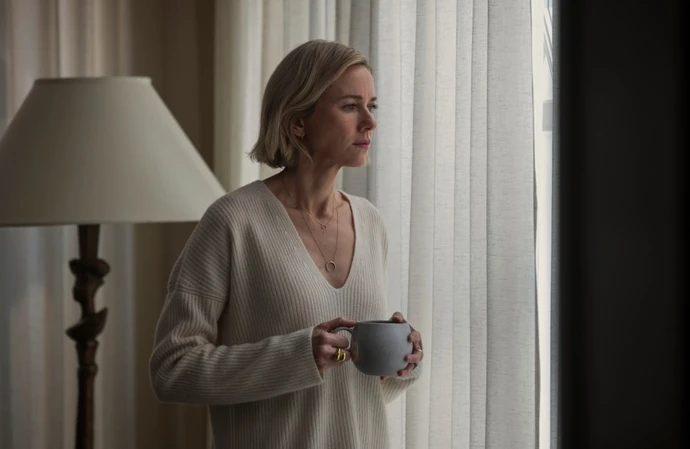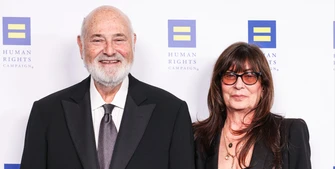Naomi Watts mystified over how she got pregnant after being told she was menopausal in 30s
In an interview in which she discussed her horror at being told she was heading for the menopause in her 30s, Naomi Watts admitted she has no idea how she ended up conceiving naturally twice.

Naomi Watts has no idea how she got pregnant after being told she was menopausal in her 30s.
The ’21 Grams’ actress, 54, who got married for the first time in 2023 to ‘Watchmen’ actor Billy Crudup, 55, was trying to get pregnant years ago with her former partner – actor Liev Schreiber – when tests revealed she was almost menopausal.
Despite the warning it could mean she would never conceive, Naomi went on to have her and Live’s first child Sasha, who was born in 2007, followed by their second, Kai, in late 2008.
Their arrivals came after the actress was told she might need a donor egg to have a baby, and also after a series of failures for Naomi to get pregnant using multiple other fertility methods.
A profile of the actress in the latest issue of Marie Claire said she still doesn’t know if her sudden fertility was down to one of the alternative treatments she explored or “a wonderful set of eggs that suddenly came down for me”.
Despite her fertility, Naomi said she was hit by “hardcore” symptoms of menopause once she stopped breastfeeding in her early 40s.
She added she is convinced the impact of the condition – which can effect memory and cause so-called “brain fog” – would be made far more high-profile if it was suffered by men.
Naomi hit out: “If it was a male thing and that (symptoms like brain fog) was a regular symptom, we’d accept it so much more easily but somehow women have been taught to hold on to these secrets and suffer through them and soldier on.
“We shouldn’t have to. The more it’s understood in every arena of life, not just the household, not just the relationship but in the workplace, the more we can find ourselves operating from empathy.
“It’s not a disease, it’s not a failure. It’s just something that was always supposed to happen.”















